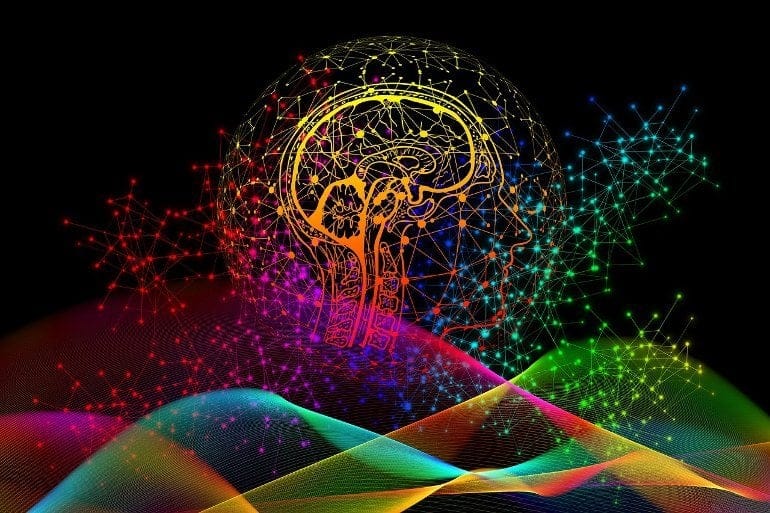Have you ever wondered why, in a world of technological comforts and material abundance, unhappiness seems so rampant? The secret to lasting joy might be where science meets spirituality: your brain on mindfulness.
The Science of Happiness
We often hear about “happy hormones” like dopamine and serotonin, responsible for sensations of pleasure and satisfaction. Dopamine is the reward seeker, fueling our drive to achieve goals. Serotonin acts as the mood stabilizer, regulating emotions and sleep. Together, these neurotransmitters play a significant role in shaping our happiness. However, can they be influenced to work in our favor?
What is Mindfulness?
Mindfulness traces its roots to ancient spiritual traditions, most notably Buddhism. The practice calls for heightened awareness of the present moment. Instead of dwelling on the past or worrying about the future, mindfulness centers us in the ‘now,’ grounding our thoughts and emotions.
The Meeting Point: Neurochemistry & Mindfulness
This is where the magic happens. Scientific studies show that mindfulness practices can induce structural changes in the brain. Consistent mindfulness practice can increase gray matter density in the prefrontal cortex, responsible for executive functions like focus and decision-making. Even more astounding, research reveals that mindfulness enhances the secretion of neurotransmitters linked to happiness.
Practical Tips for Mindful Living
It’s simpler than you might think. Here are some daily exercises:
- Mindful Eating: Savor each bite; focus on the textures and flavors.
- Breath Awareness: Spare a few minutes to concentrate solely on your breathing.
- Social Connection: Engage in meaningful conversations; listen more than you speak.
Case Studies
Meet Sarah, a 32-year-old woman who was constantly anxious. After practicing mindfulness for six months, not only did her symptoms of anxiety decrease, but she also reported feeling consistently happier and more in control of her life.
Additional Resources
If you’re ready to dive deeper, here are some resources for further learning:
- Books: “The Happiness Hypothesis” by Jonathan Haidt, “The Miracle of Mindfulness” by Thich Nhat Hanh
- Apps: Headspace, Calm
- Courses: Mindfulness-Based Stress Reduction (MBSR)

